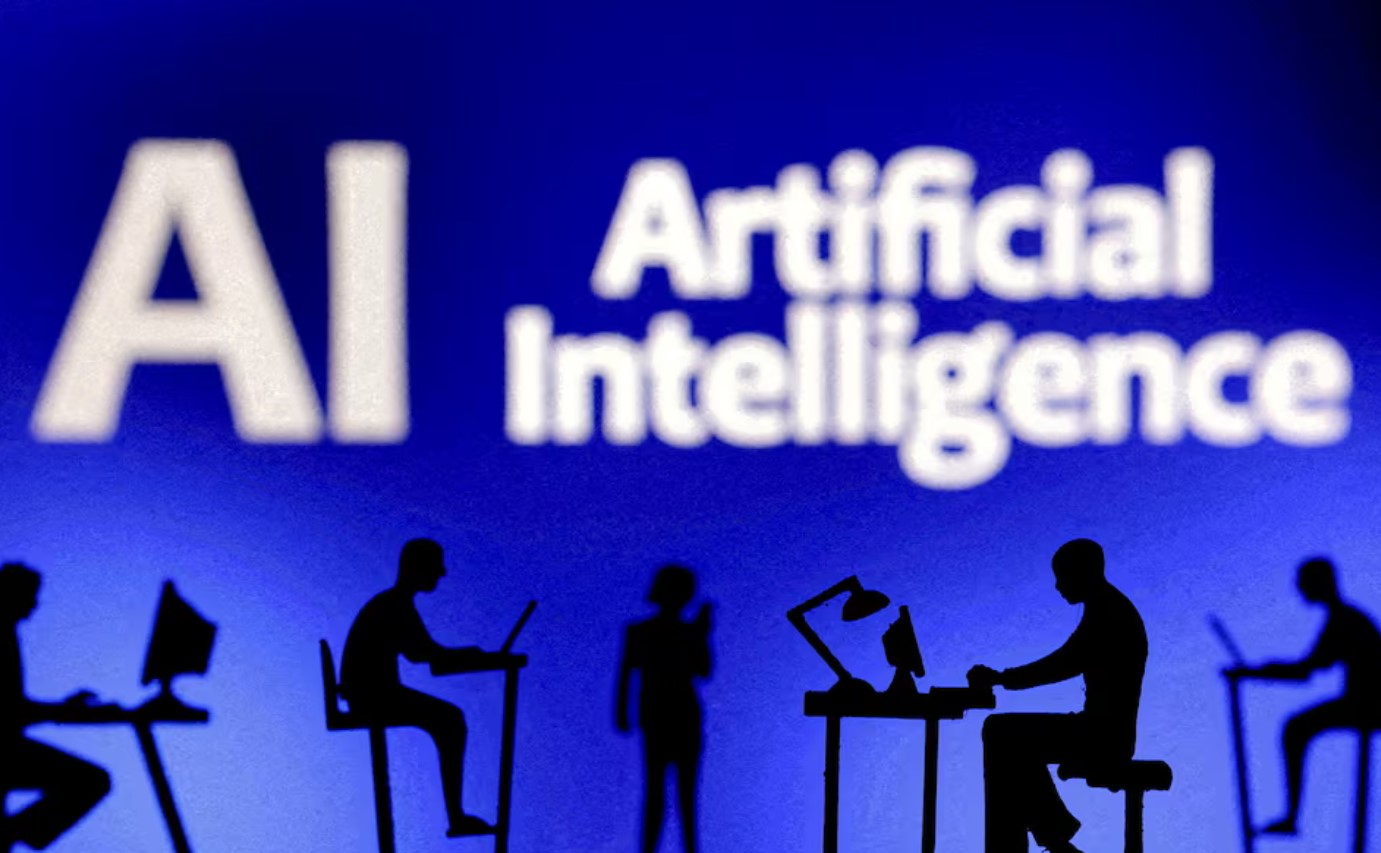Artificial intelligence has become an essential part of the production pipeline at Game Gears, a studio under Cyprus-based company GDEV
According to CEO Alexander Vaschenko, the use of GenAI has allowed the team to accelerate game development by a factor of four, with AI tools now embedded in nearly every department.
In a detailed account published in Game World Observer, Vaschenko explained how the studio developed its mobile title Aliens vs Zombies: Invasion using a wide range of AI technologies, from generative models for content creation to real-time data-driven marketing.
“AI technologies have become an integral part of our DNA,” Vaschenko wrote.
“We use them to accelerate production, optimise game mechanics, and enhance creativity.”
The game itself is a hybrid of tower defence, action, and strategy.
Players control a flying saucer, hovering over the map to collect items and upgrade their ship, while building turrets to protect a base from attacking zombies.
Vaschenko said that AI was used extensively in content creation, helping generate 2D and 3D assets; in programming, by supporting the writing of new code modules; and in game design, where it helped balance the in-game economy and create new characters and abilities.
It also played a key role in marketing, where AI was used to produce video advertisements, and even in administrative tasks such as document management and accounting.
The studio has also eliminated the role of scriptwriters altogether. “Game designers now write all in-game texts using AI,” he noted.
Game Gears relies on a wide range of tools, including GPT, Cline with Claude, Midjourney, Flux, Krea, Kling, Runway, Hailuo, Tripo AI and Rodin, alongside other services for image
processing, 3D modelling, and video production. The studio’s standard visual pipeline follows a sequence that begins with Midjourney, moves through 3DAi and Rodin, and ends with manual editing.
“Full automation of development is impossible,” Vaschenko said.
“However, AI saves a tremendous amount of time.”
He explained that GenAI has allowed the team to reduce development time fourfold overall. In game design — including documentation, balancing and testing — efficiency has improved by around 2.5 times.
The most dramatic gains, he added, have been in graphics production, where the speed of creating 2D and 3D content has increased by 10 to 30 times compared to manual processes.
“For example, coming up with a hundred different abilities for a character would take a game designer at least a week,” he said.
“AI can generate a rough draft in an hour. Of course, it is not in its final form, and designers still need to refine the document.”
Vaschenko said AI has also significantly improved the speed of analytics and marketing tasks — though those gains are harder to quantify.
AI-driven data allows the team to optimise game mechanics in real time, resulting in increased player engagement.
In terms of content creation, AI has almost completely automated some forms of marketing materials, with certain processes now running hundreds of times faster than before.
However, he pointed out that gameplay-focused advertising videos based on real in-game footage remain outside the reach of current AI technology.
Looking ahead, the team plans to further integrate AI into game testing and to use GenAI to produce personalised content tailored to individual players.
Despite the automation push, Vaschenko said the team maintains a pragmatic approach to AI deployment.
“We aim to implement AI wherever possible, but we avoid extremes,” he mentioned.
“Our approach is simple. If AI is slower than a human or makes too many mistakes, it is better to let a person handle the task.”
In 3D modelling, for example, AI handles around 80 per cent of the work, while the remaining 20 per cent still requires manual correction. Animation, meanwhile, is carried out entirely by humans, as the simplicity and specificity of the project still demand a hands-on approach.
Vaschenko said the shift to AI-first production has also influenced the studio’s hiring practices. When assessing candidates, the team focuses on neuroplasticity .A person’s ability to learn and adapt, and seeks individuals who are genuinely enthusiastic about generative AI and eager to experiment with new technologies.
Many team members continue exploring AI outside of work, producing non-commercial projects under the studio’s AVAI label.
Among those projects, Steampunk Ironman secured fourth place at an international AI festival, while Mistake, a short zombie apocalypse film, won the Rendering & VFX category at the AI Filmmaking Initiative Project Odyssey.
Vaschenko said he firmly believes that both the video game and film industries will become fully dependent on AI in the near future.
“Both the video game and film industries will soon be unable to function without AI,” he explained.
“They will not be able to sustain themselves in their current form.”
He also predicted major shifts in the film world. “Actors will soon be digitised, and content will be produced quickly and at low costs. Hollywood will have to adapt, or it will be replaced by independent AI creators and streaming platforms.”
“Who needs billion-dollar blockbusters when anyone can create a high-quality film from home? I am already producing movies with similar effects and production value. The only limit is imagination.”
For Vaschenko and his team, the digital transition isn’t coming — it’s already here.






Click here to change your cookie preferences